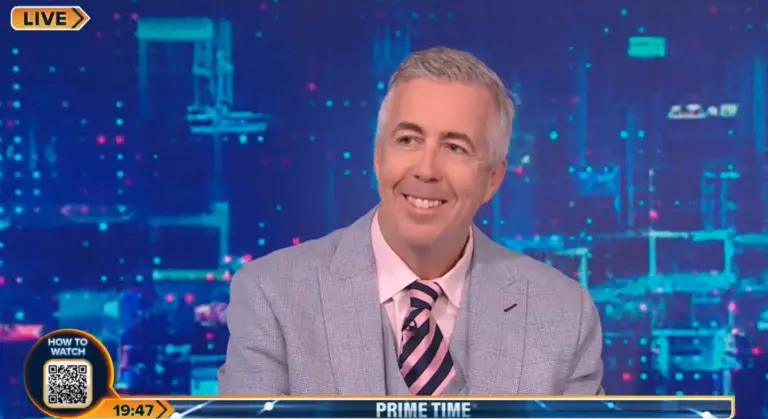Tomas Morel, Associate Director, Healthcomms Consulting, argues that the health and care landscape will remain just as fluid in an action-packed 2021.
The backdrop of COVID-19’s second wave sets the stage to what may possibly be the hardest winter the NHS will ever face. Under pressing circumstances, appetites for change seek to implement a range of reforms to the way the health system behaves, both at a central and local level.
It was only 10 years ago that the Coalition Government set their sights to reforming the National Health Service. These efforts, enshrined in law in 2012, delivered on the promise of a more decentralised NHS. This process saw the Secretary of State concede significant influence to a range of clinically led central and local level bodies. The medical overtakes the political.
Fast forward to 2020 and the anticipation for the national implementation of Integrated Care Systems (ICS) is palpable. With it, a closer relationship between buyers and providers is expected. The promise? Reduction in regional variation, increased regional governance, and distance from the internal market. Delay after delay, there is now a new timeline that will see ICS legislation enacted in early 2021.
In parallel, frustrations have grown due to increased distance between the Department of Health and Social Care (DHSC) and NHS England (NHSE). The Secretary of State, under increasing political scrutiny, has developed an appetite to grow his sphere of influence over NHSE operations. As a result, the Government is looking at ways they can have a bigger say in how NHSE prioritises and delivers care. These efforts align well to the overarching tone set by this Government. The political balances the medical.
Having policy makers grow their footprint in the setting of the NHS agenda can be a positive change. It can promote a more engaged and effective relationship between the electorate, their elected representatives, and NHSE executives. All good news for patients; however, the new paradigm is not without challenges. It is hard to imagine an overstretched NHSE being able to fully accommodate, process and action the increased levels of engagement expected. In this context, the ability to cut through the noise and deliver a clear message has never been more important.
2021 is poised to deliver fundamental changes to the way healthcare is prioritised, paid, and delivered. Those who remain agile and engaged will be better prepared to avoid the sand traps. For those that do not, I hope you have a good wedge.



